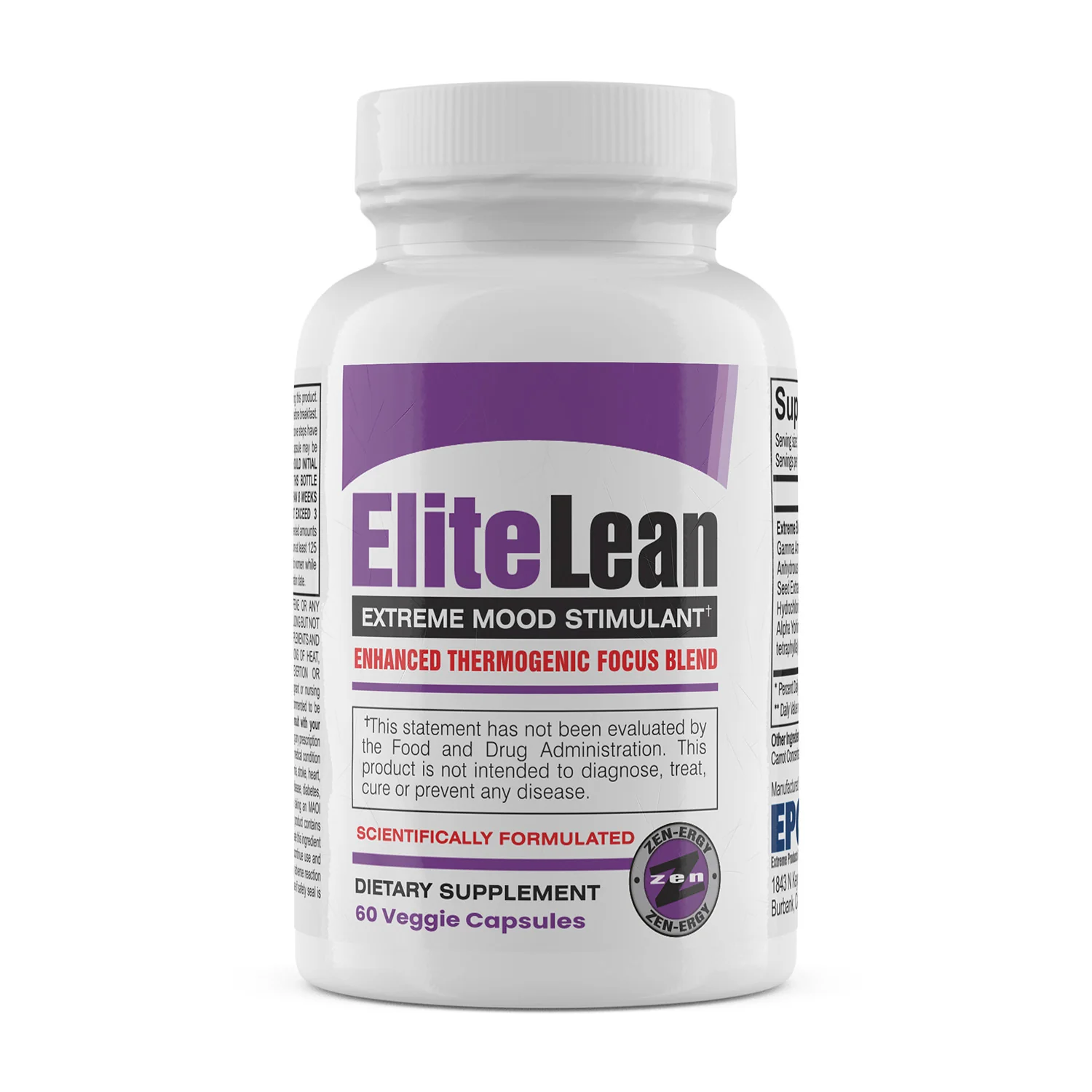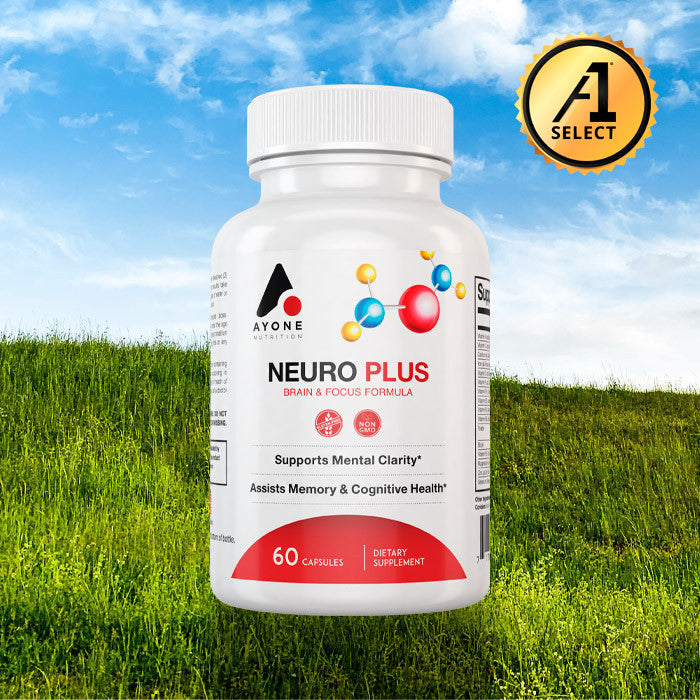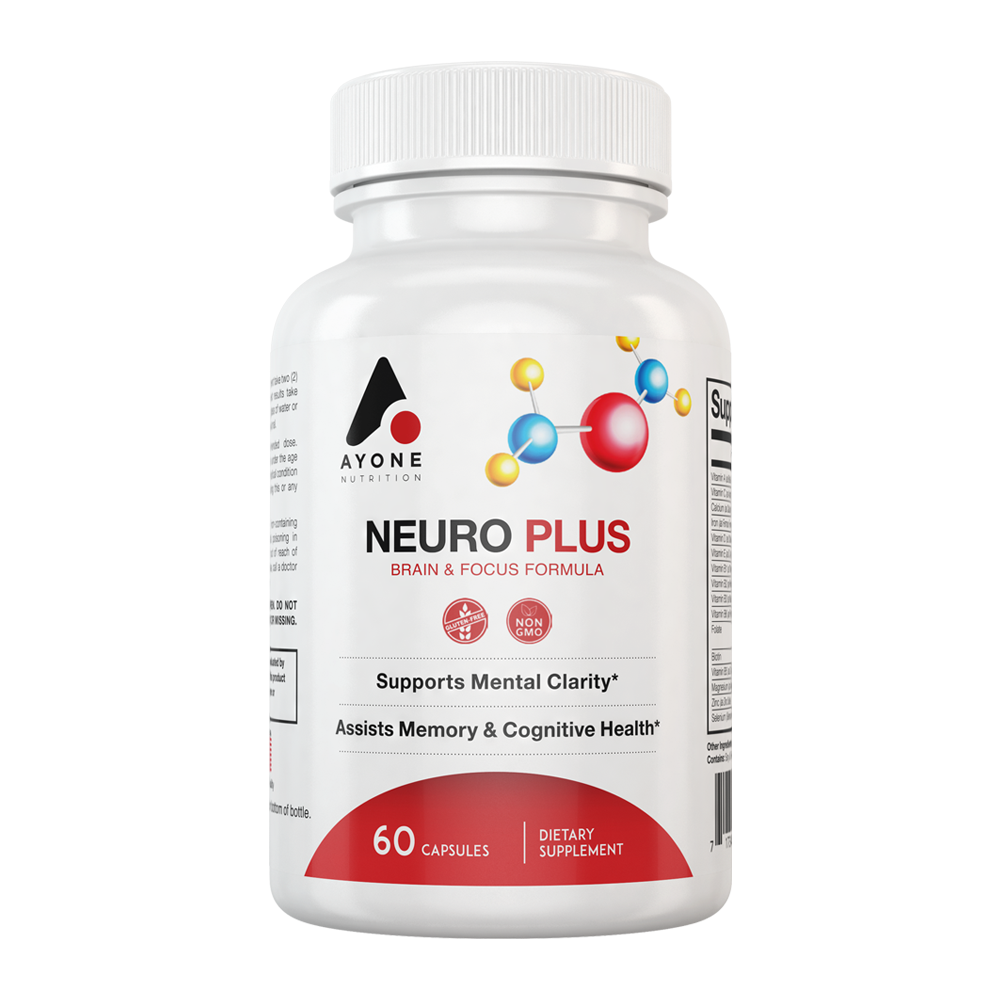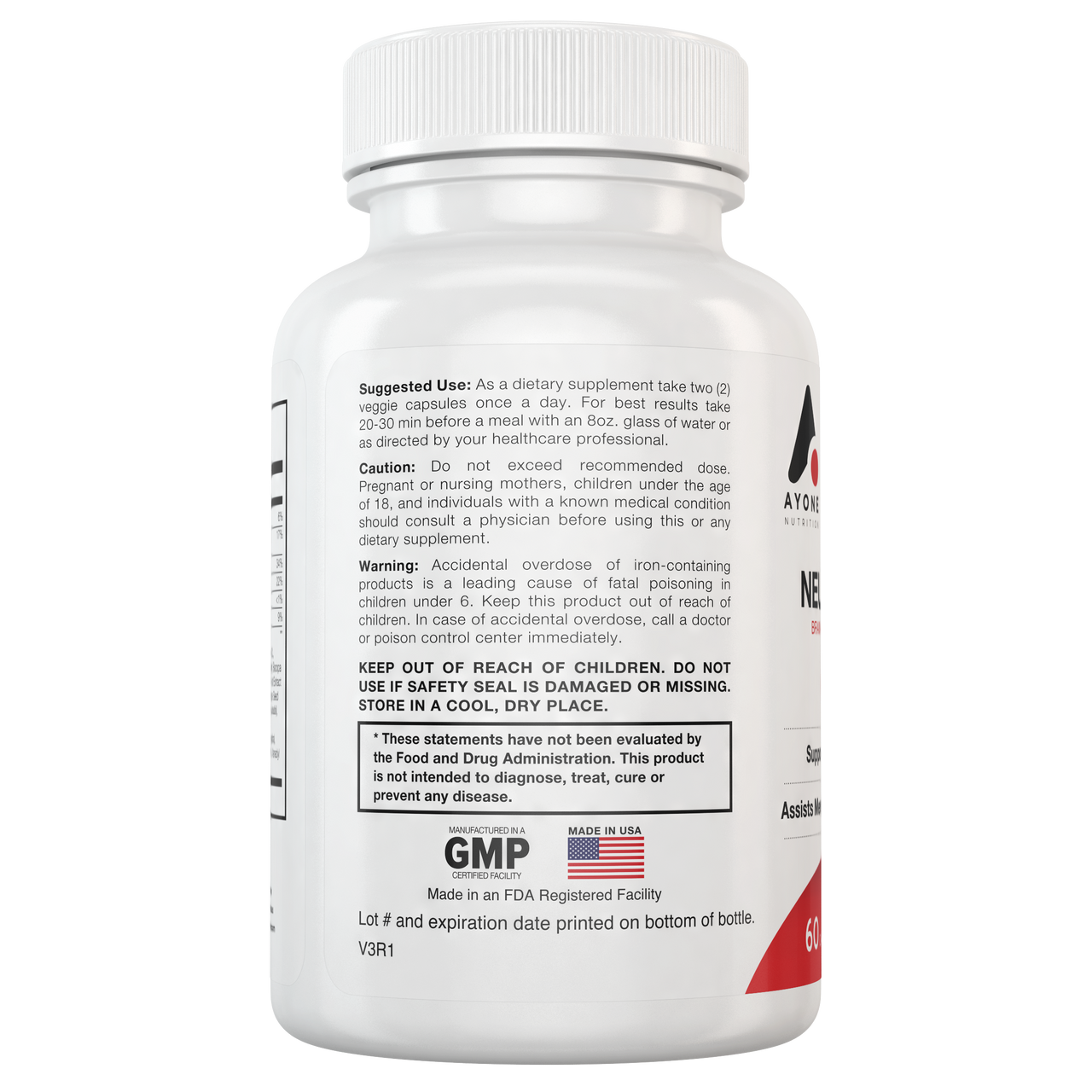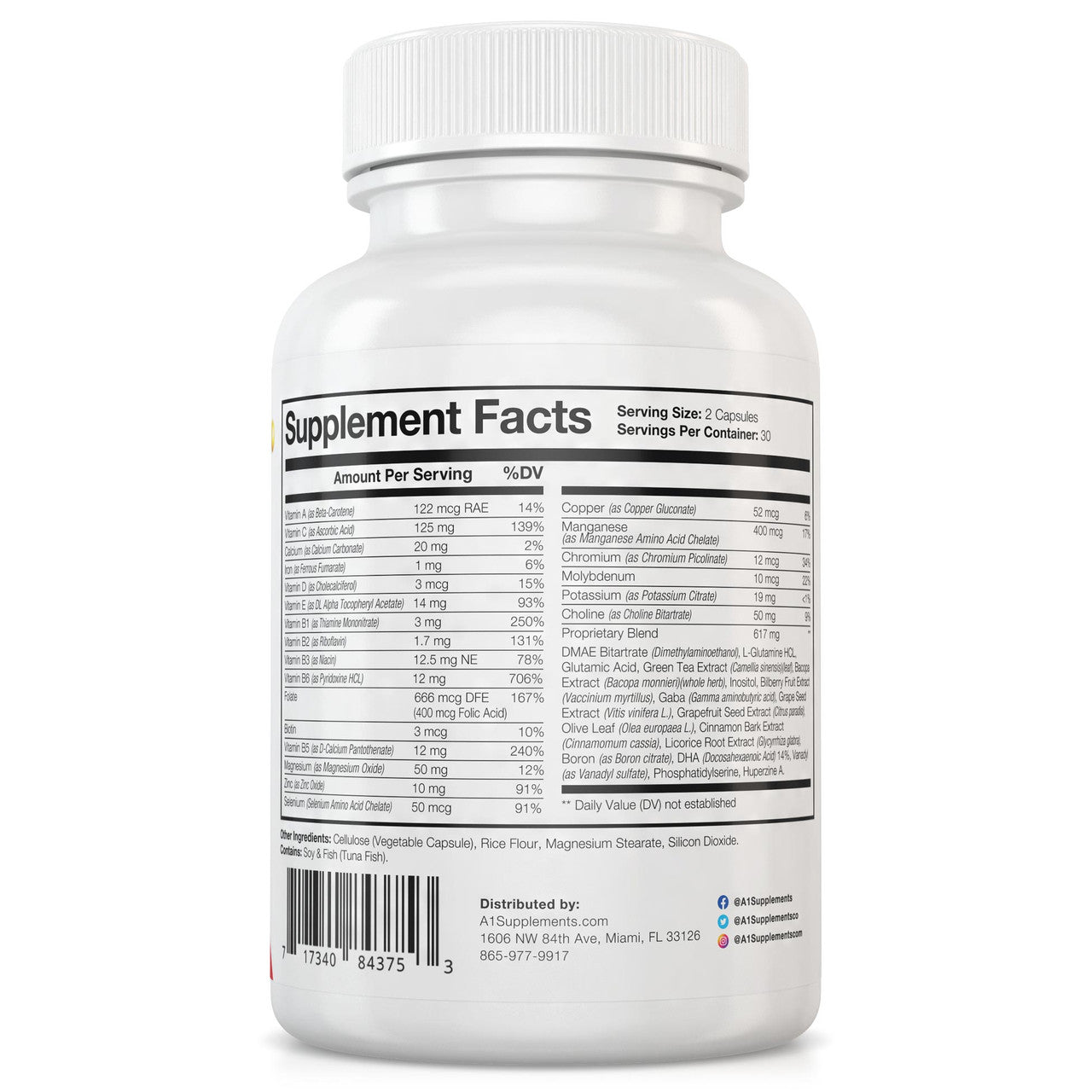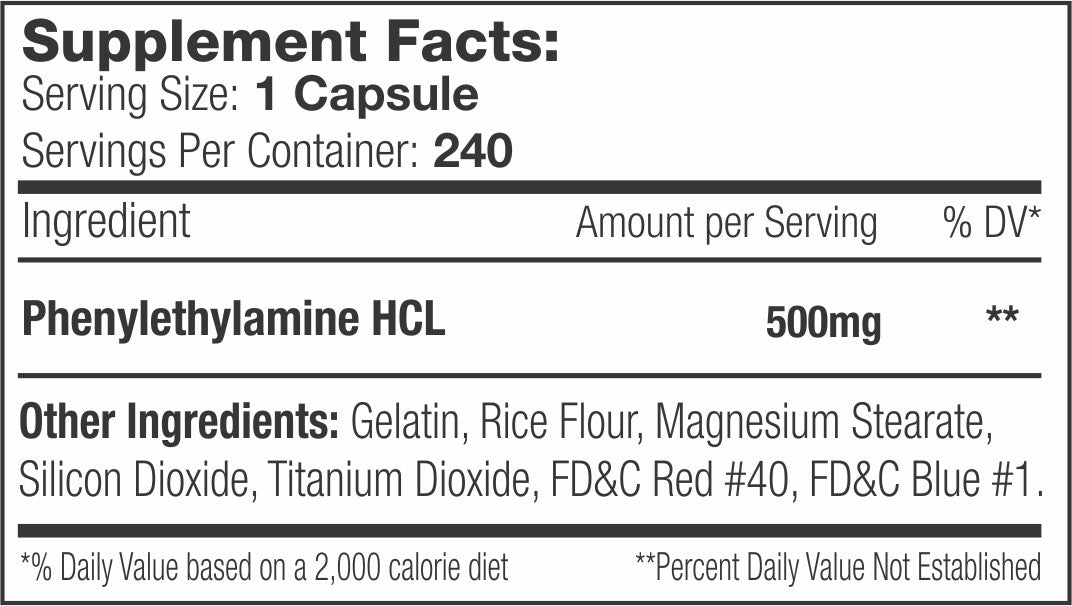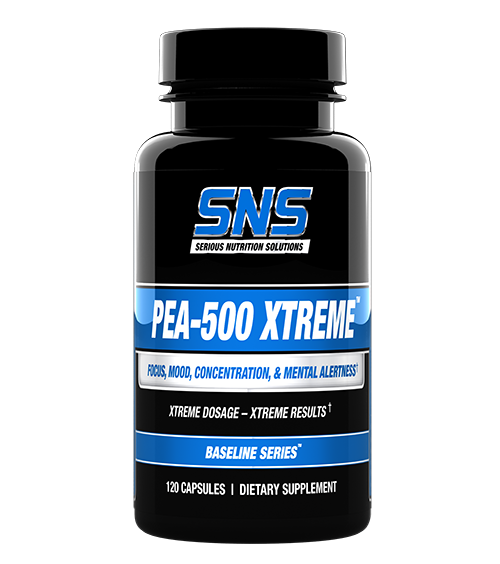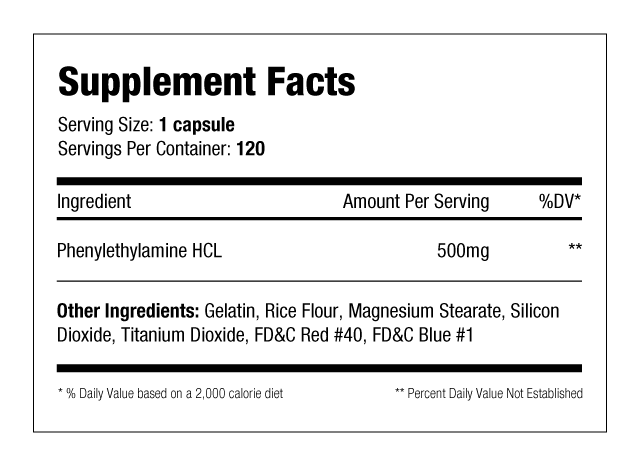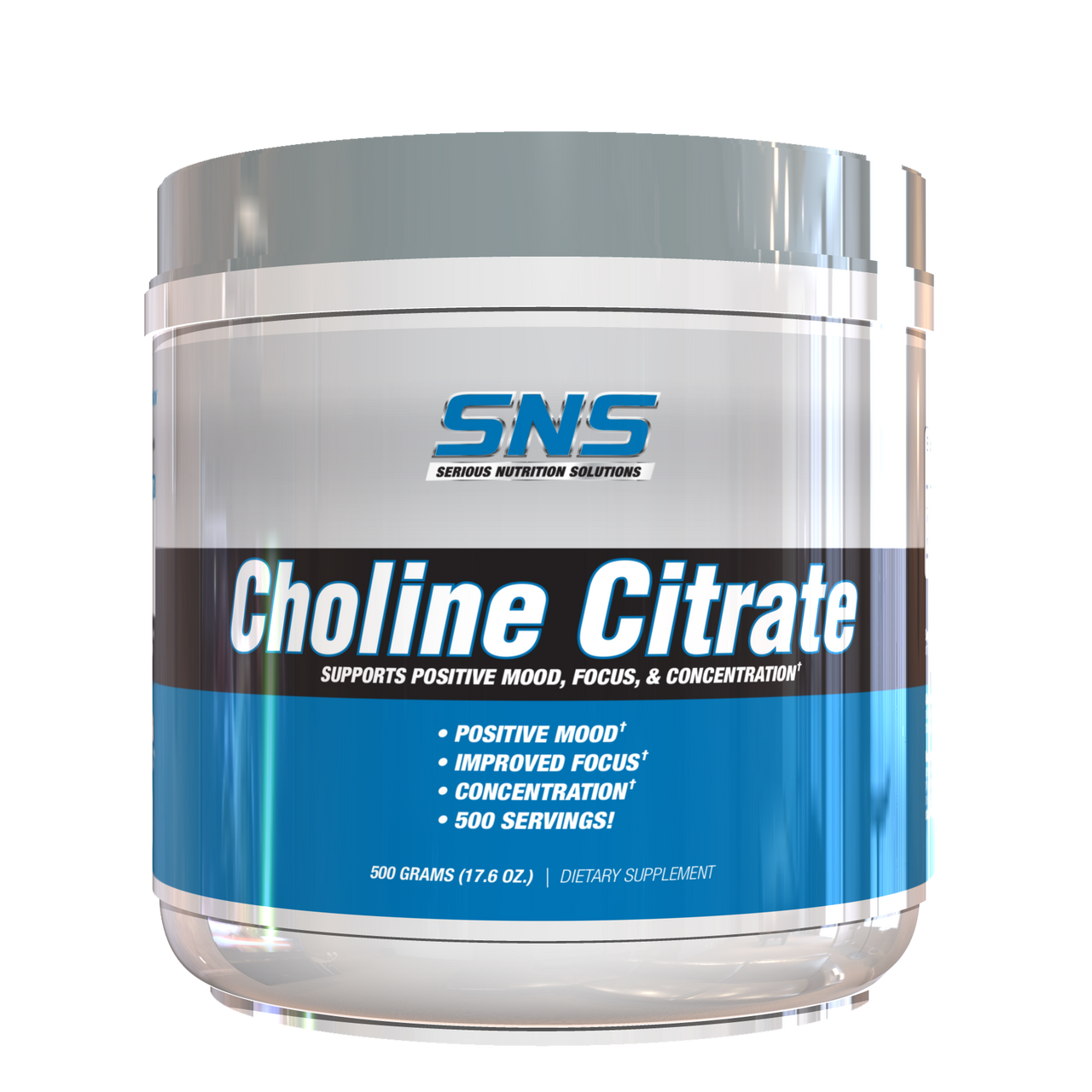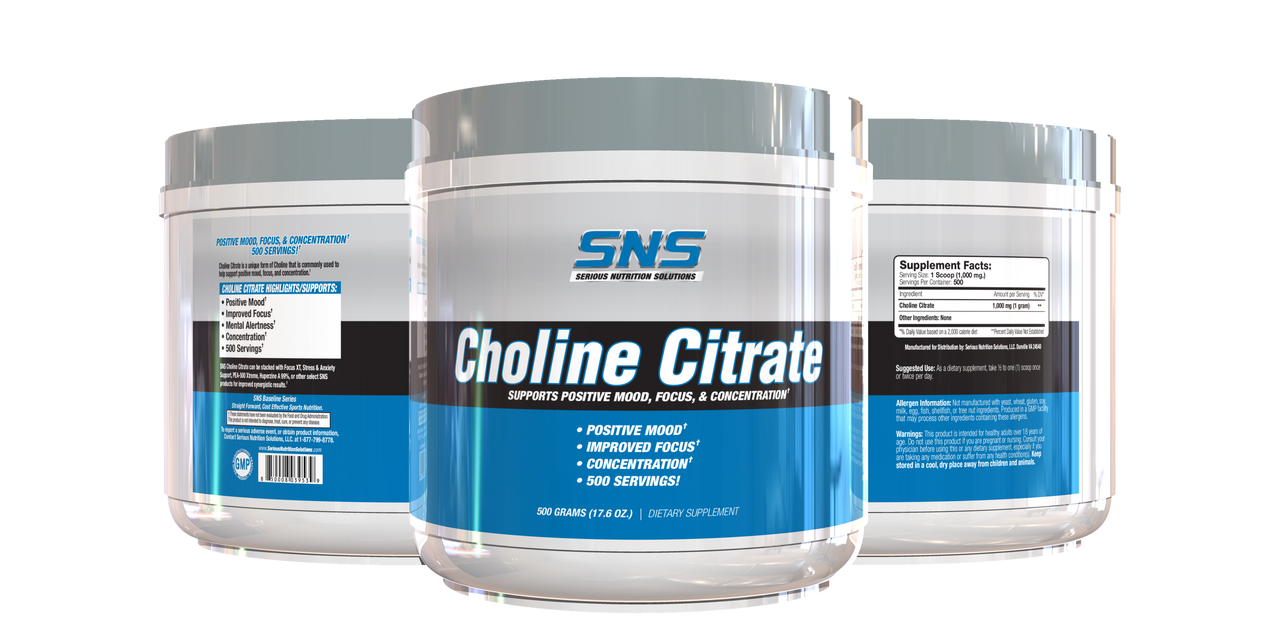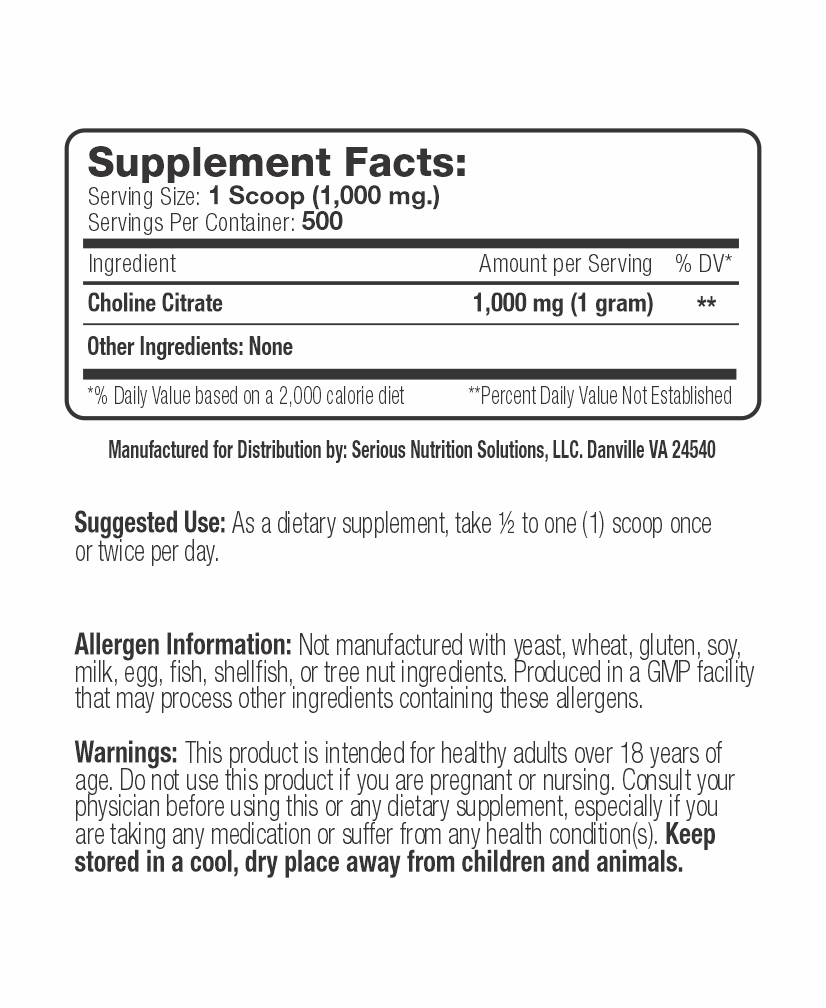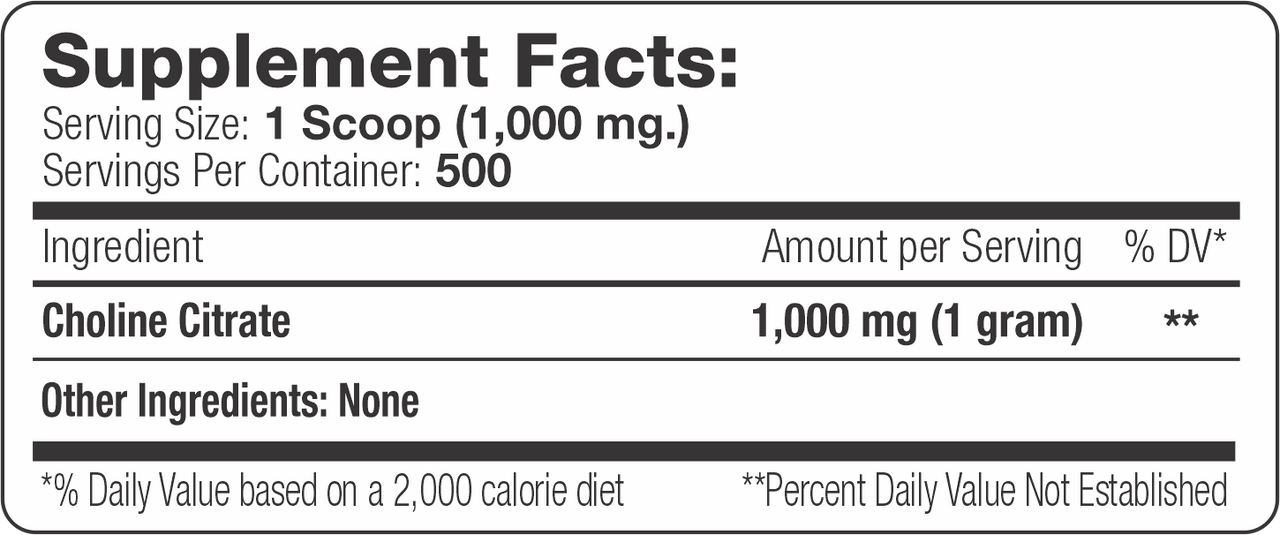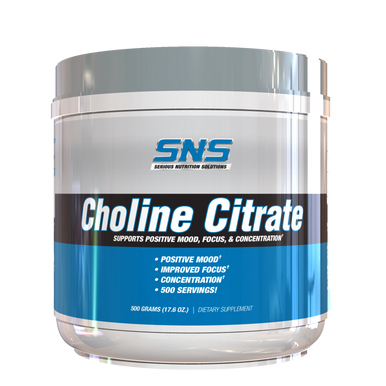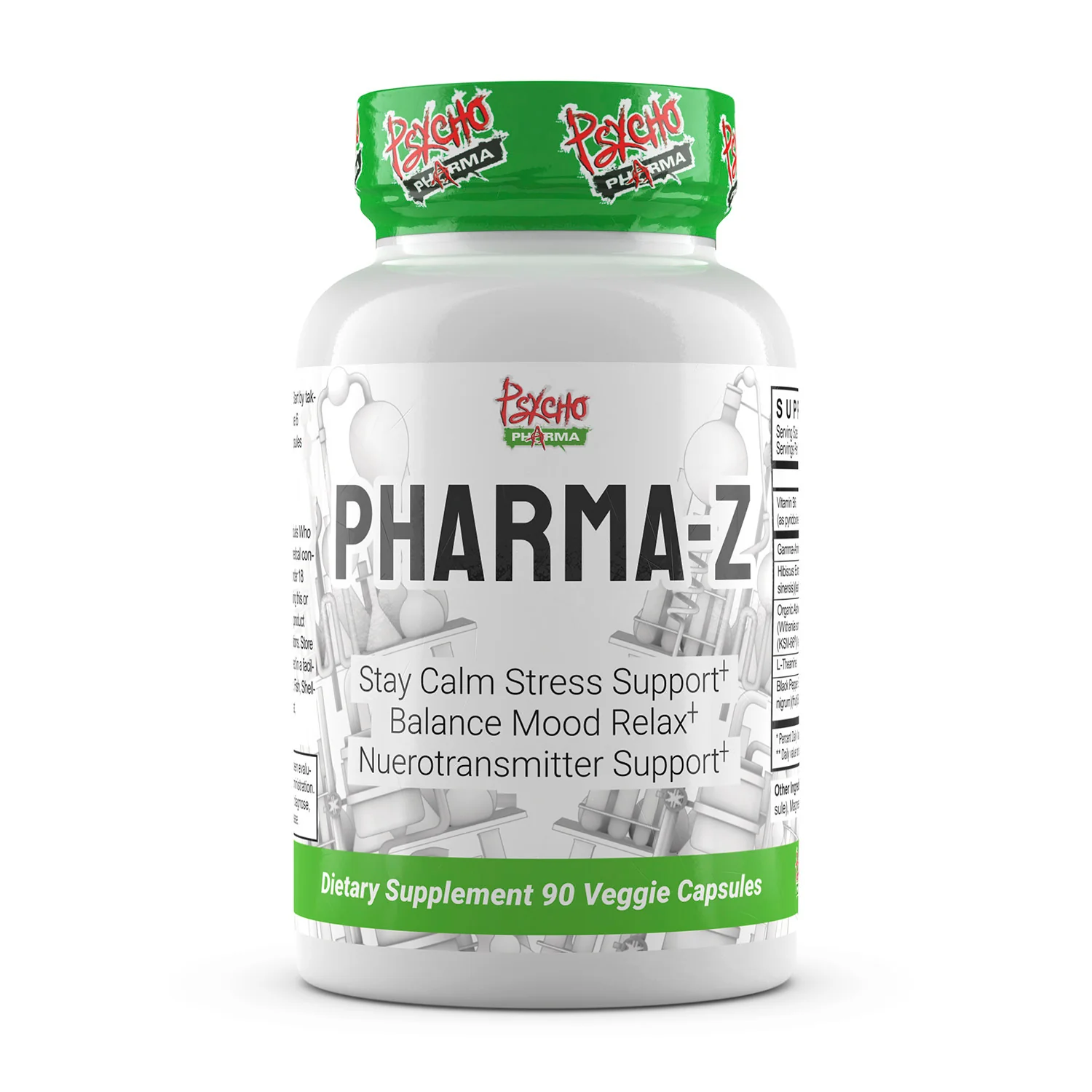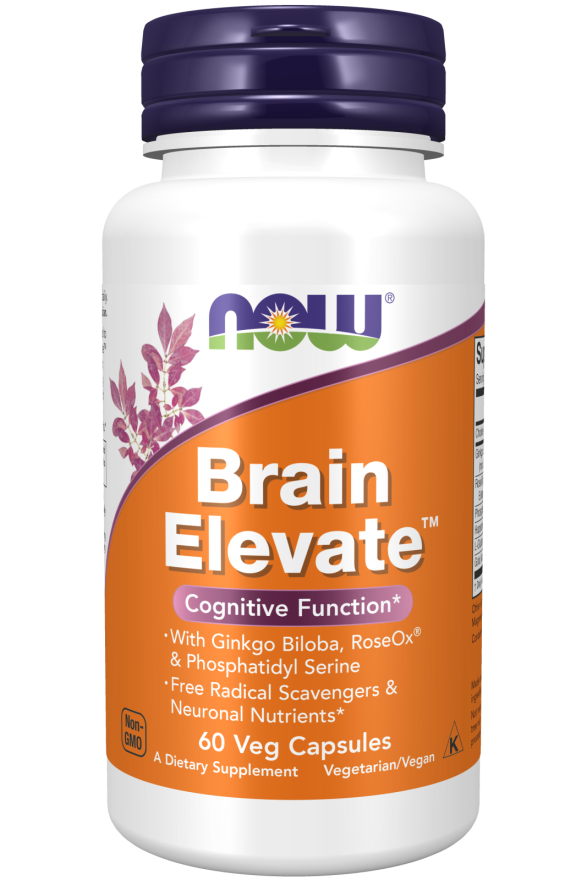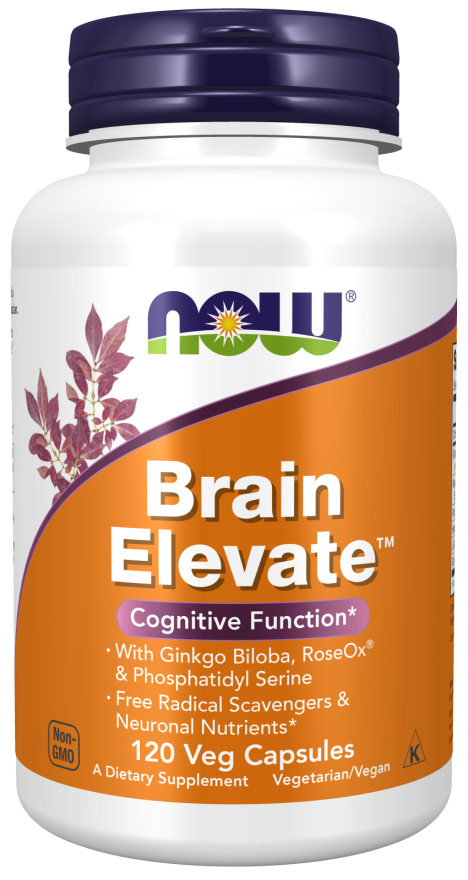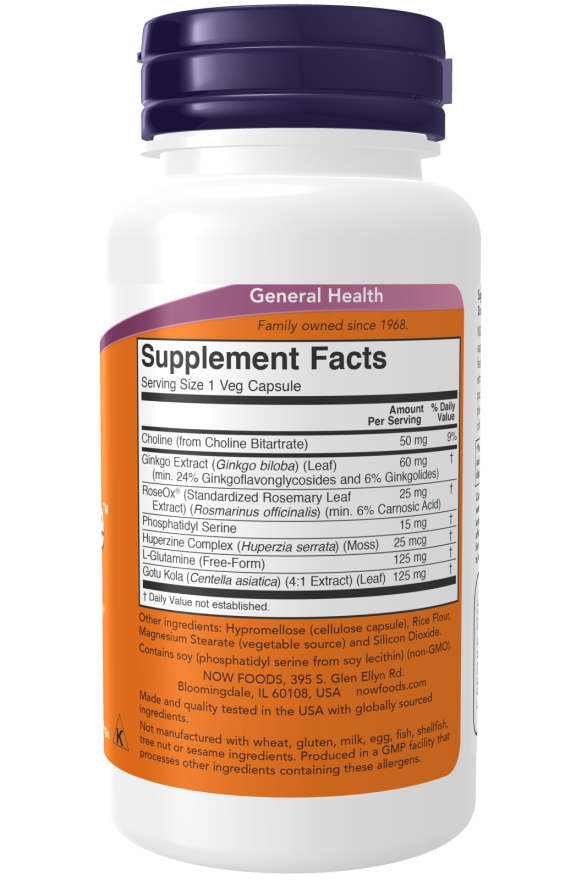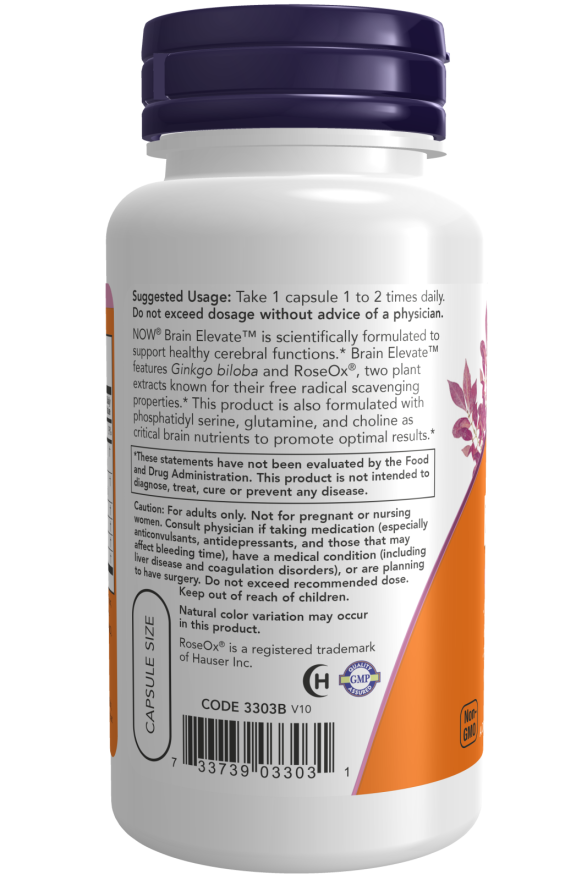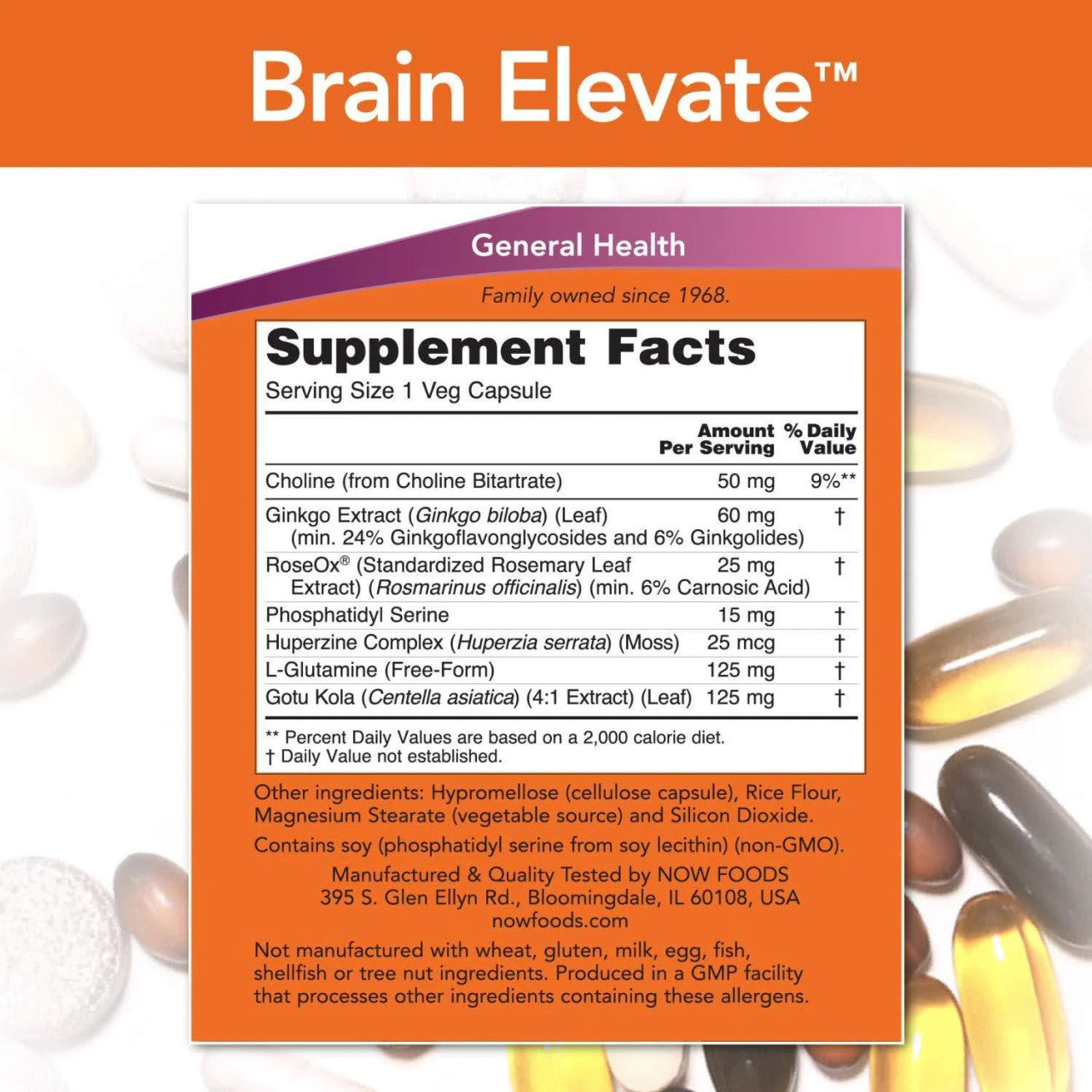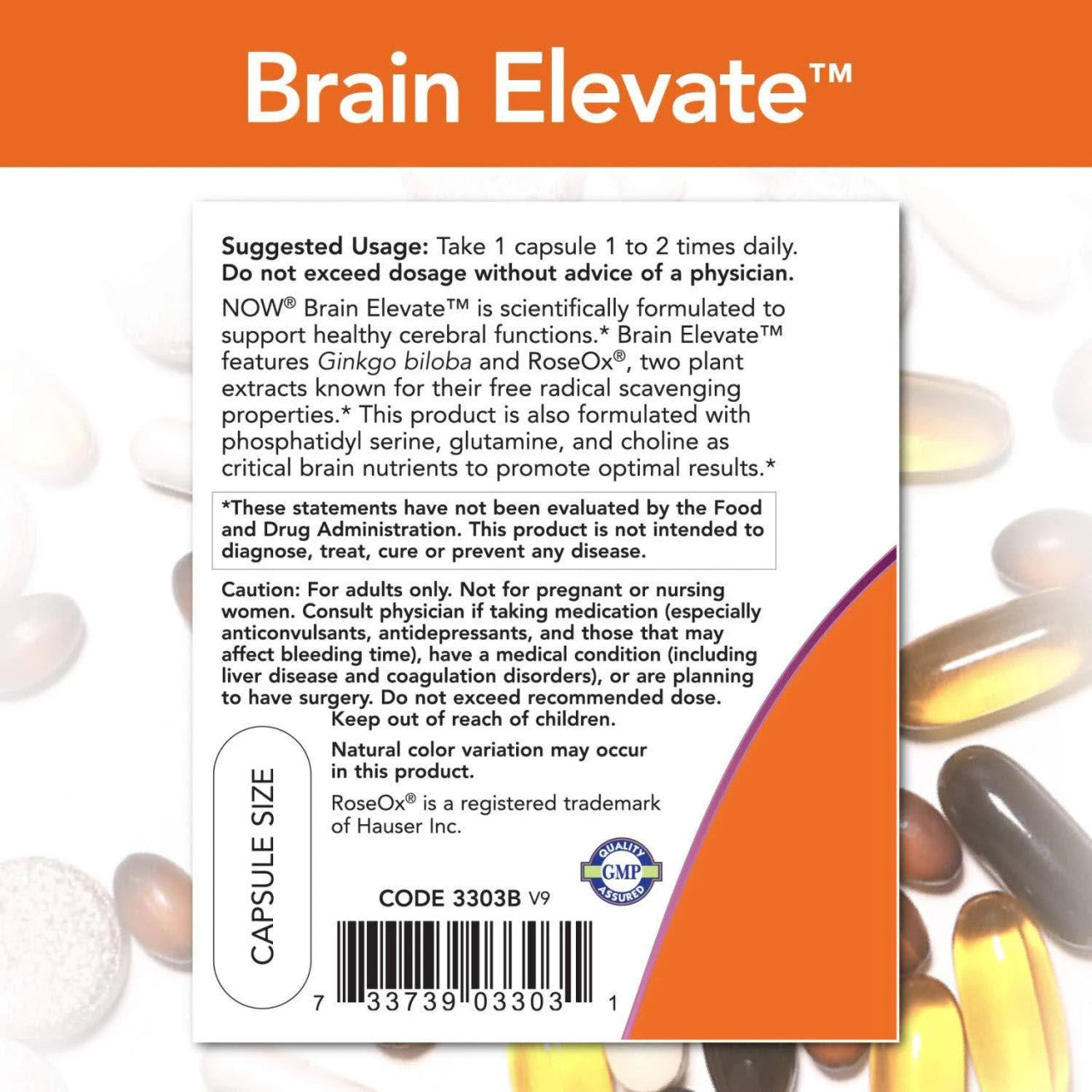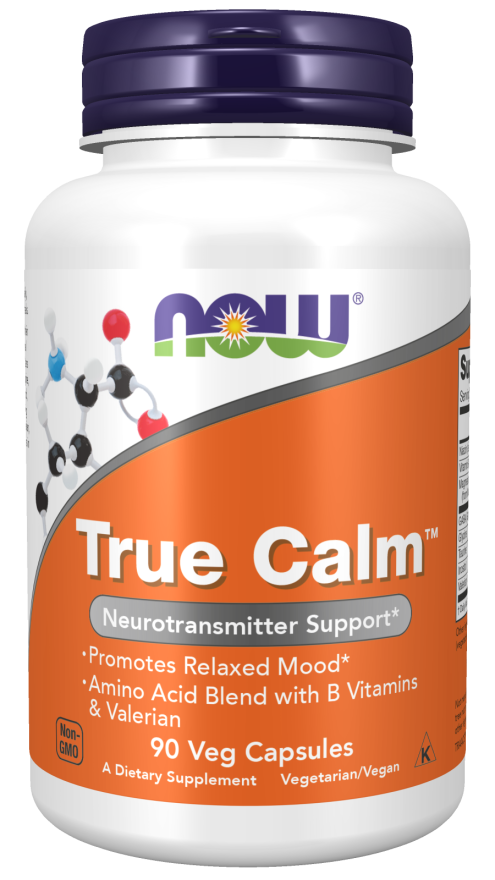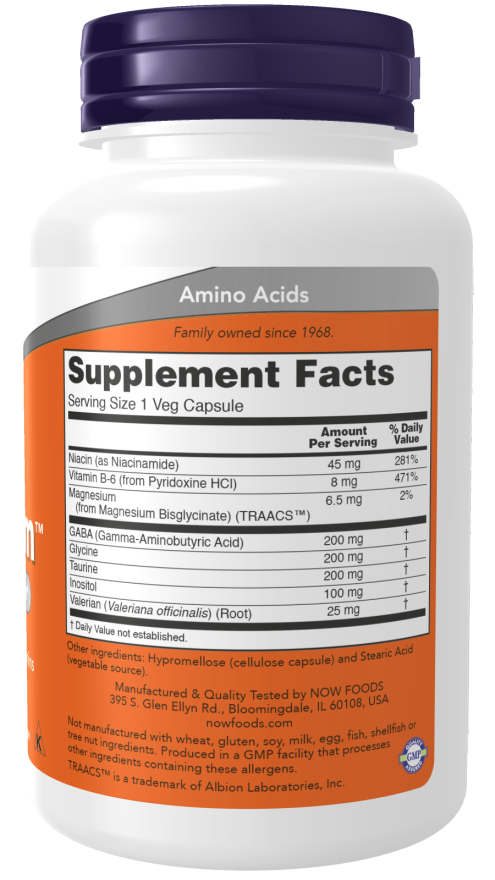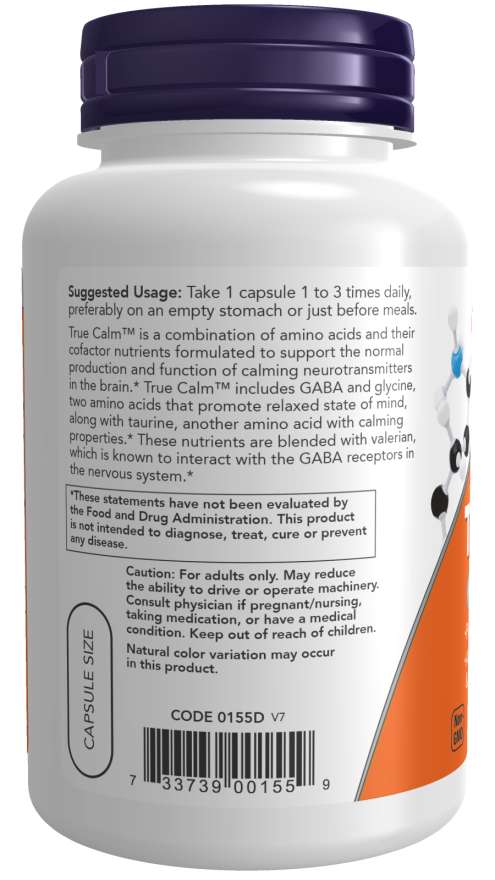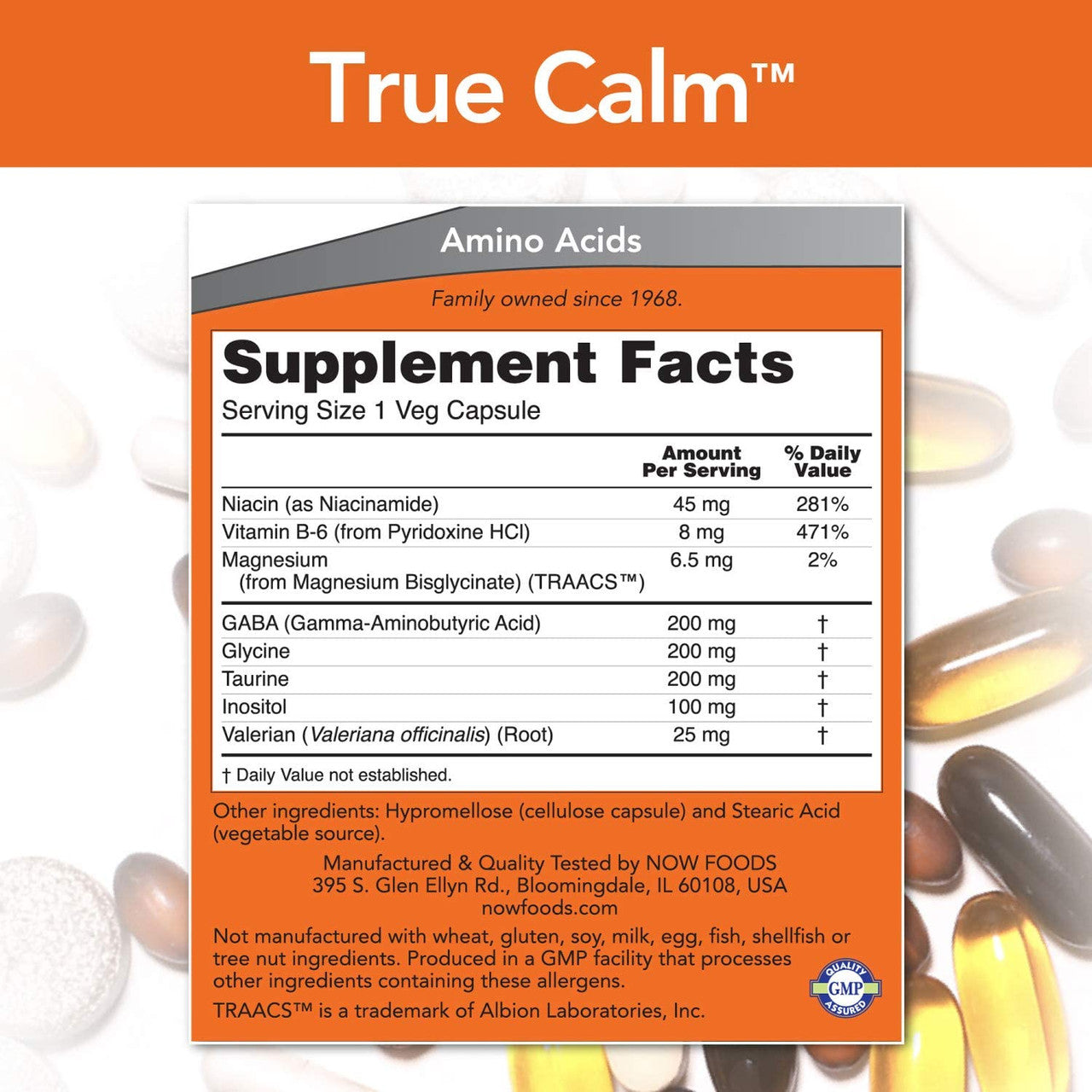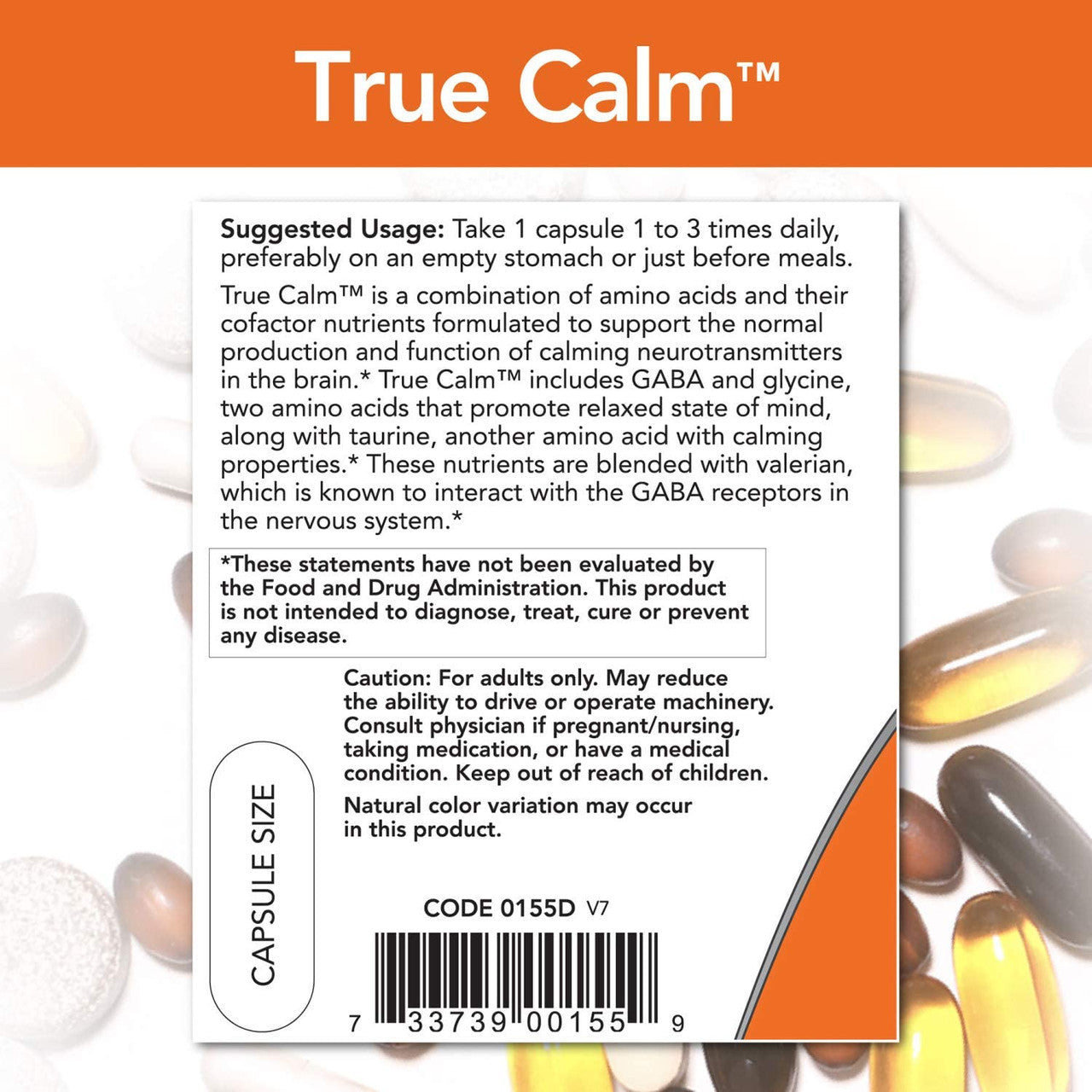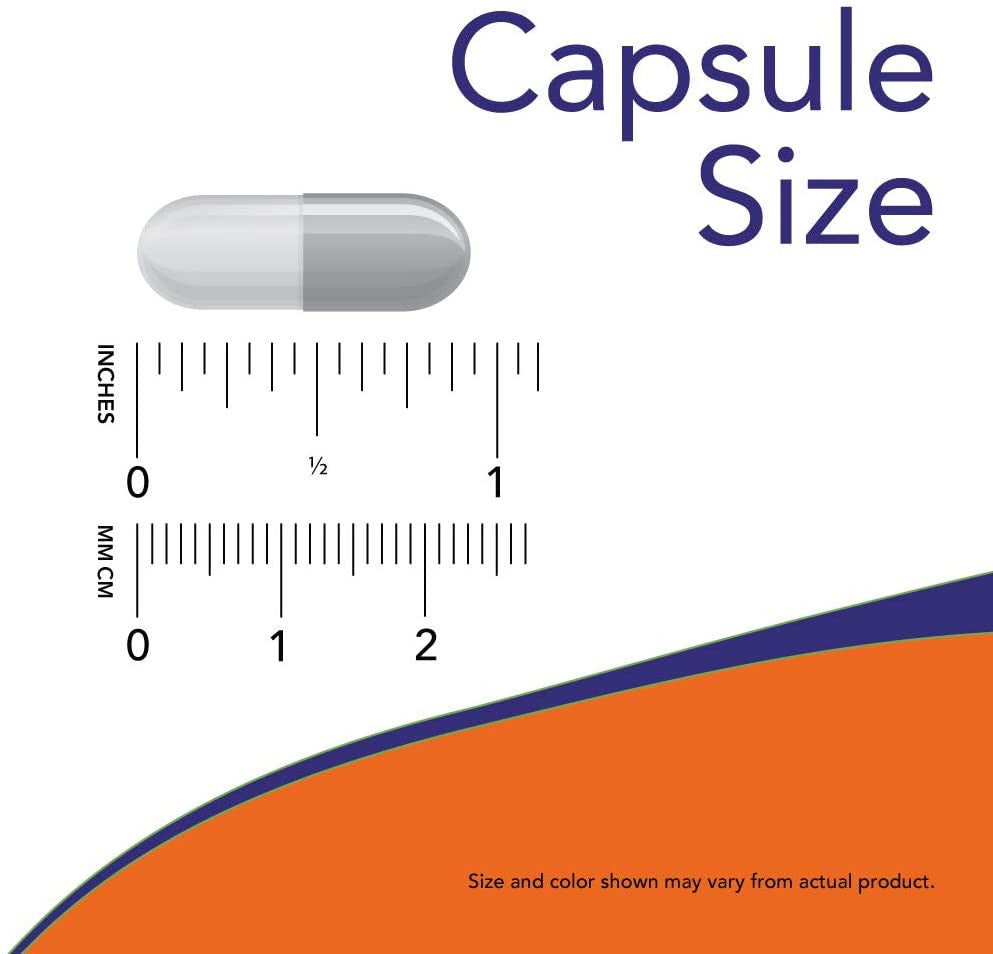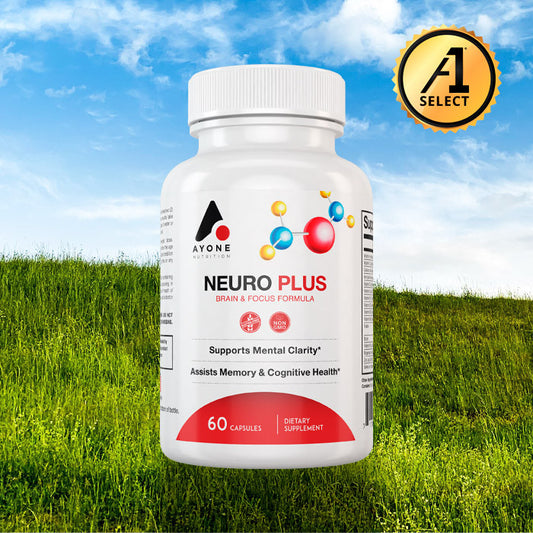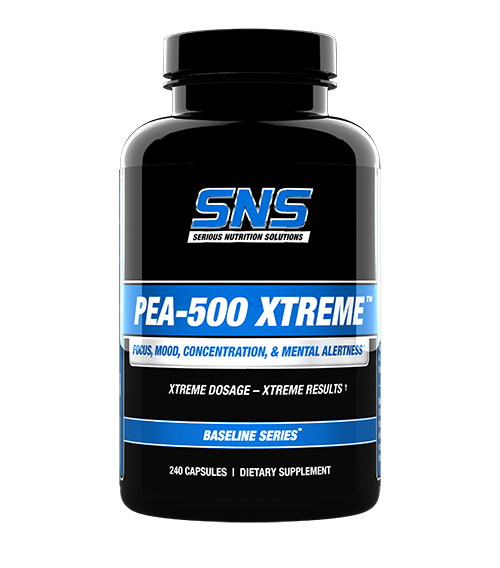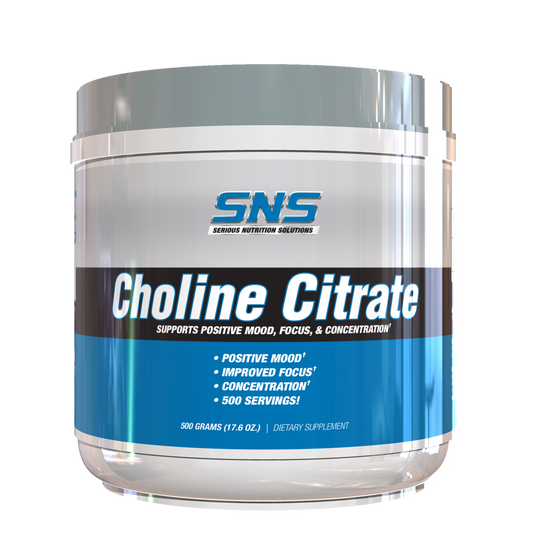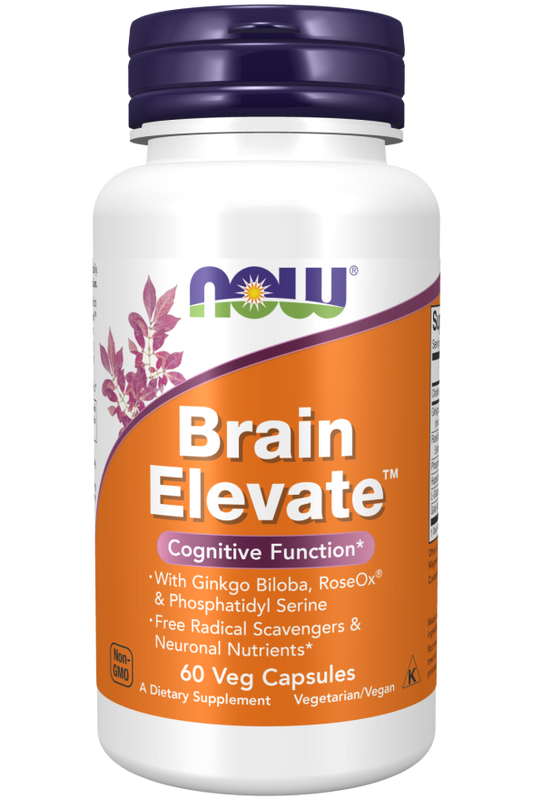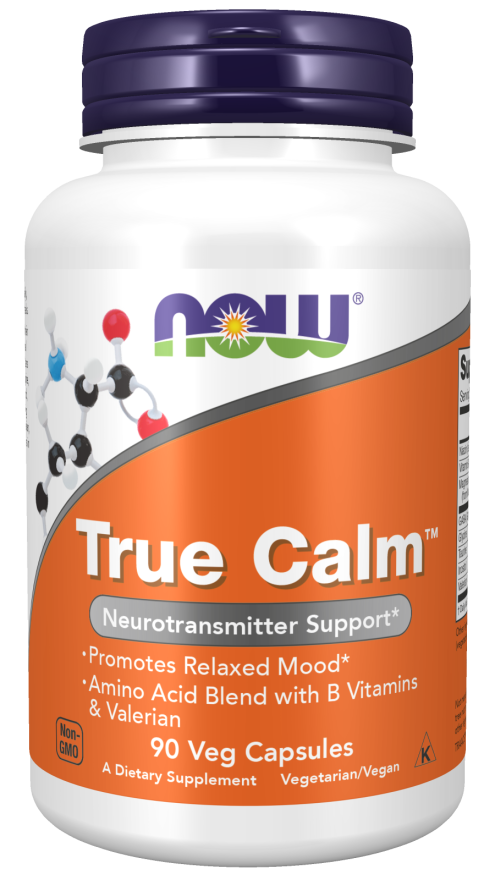1. Where do mood support supplements come from and what sources provide them?
Mood support supplements come in a wide variety of selection from different manufacturers. They are derived from an assortment of ingredients, including, but not limited to:
- Herbs:
-
Bacopa Monnieri: Serves as a brain tonic and helps enhance memory support along with it's anti-anxiety properties.
-
L-Theanine: L-Theanine can improve learning performance and heighten mental acuity.
-
St. John's Wort Extract: St. John's Wort is a plant that grows in Europe and the United States. It is used in connection with depression, anxiety, and many other ailments related to colds and minor healing of wounds.
-
Rhodiola Rosea: Rhodiola Rosea is a siberian herb that is highly effective for improving mood and alleviating depression.
-
Ginseng: Ginseng helps to nourish the body overall & protect it from the ravages of stress. It is considered to be tonifying & increase endurance & stamina.
- Amino Acids:
-
Acetyl L-Carnitine: Acetyl l-carnitine has been shown to demonstrate neuronal structural changes and play a role in reducing stress.
- Minerals:
-
Zinc: Zinc has been shown to elevate testosterone levels when taken over a 6 month period by 85% along with the potential for increased energy.
- Leaf/Plant Extracts:
-
Lesser Periwinkle Plant Leaf Extracts: Extracts from this plant called vincamine are precursors to vinpocetine, a potent pharmaceutical that has been shown to enhance oxygen and glucose uptake from blood and brain neurons. This can help increase attentiveness and brain energy production.
2. What do mood support supplements do and what scientific studies give evidence to support this?
- Relieve Stress
- Helps Balance Mood Swings
- Elevates Brain Support & Mental Function
- Promotes Restful Sleep
- Enhances Concentration
- Increased Energy
Studies have shown that mood support products such as St. John's Wort extract are possibly effective in the treatment of mild depression.
Russian research has shown that Rhodiola Rosea improves both physical and mental performance, reduces fatigue, and prevents high altitude sickness. In one study, the Rhodiola rosea group decreased proofreading errors by 88% while the control group increased proofreading errors by 84%.
3. Who needs mood support supplements and how much should be taken? Are there any side effects or symptoms of deficiency?
Anyone needing a boost of mental energy or finding themself feeling depressed should consider taking a mood support supplement. Also, along those lines, if you are looking to enhance your memory and conentration then you should consider taking one also.
There really is no negative aspect to taking a dietary supplement of any kind for mood support. What you will receive is a very beneficial enhancement to your cognitivity in your every-day activities and the benfit of inreased energy. You will probably find yourself going through your day simply feeling better, more awake, refreshed and ready to take on the world! The same feeling will carry over into the gym or cardio room, etc, with you when you are ready to hit the weights or the treadmill.
We here at A1Supplements.Com recommend that you always take the suggested dosage and recommendations by the manufacturer of whatever product it is you are consuming. If you have any further questions regarding your own personal health or additional concerns, we always suggest speaking to your doctor or physician.
Published with permission, original ©
These statements have not been evaluated by the Food and Drug Administration. This product is not intended to diagnose, treat, cure, or prevent any disease.
